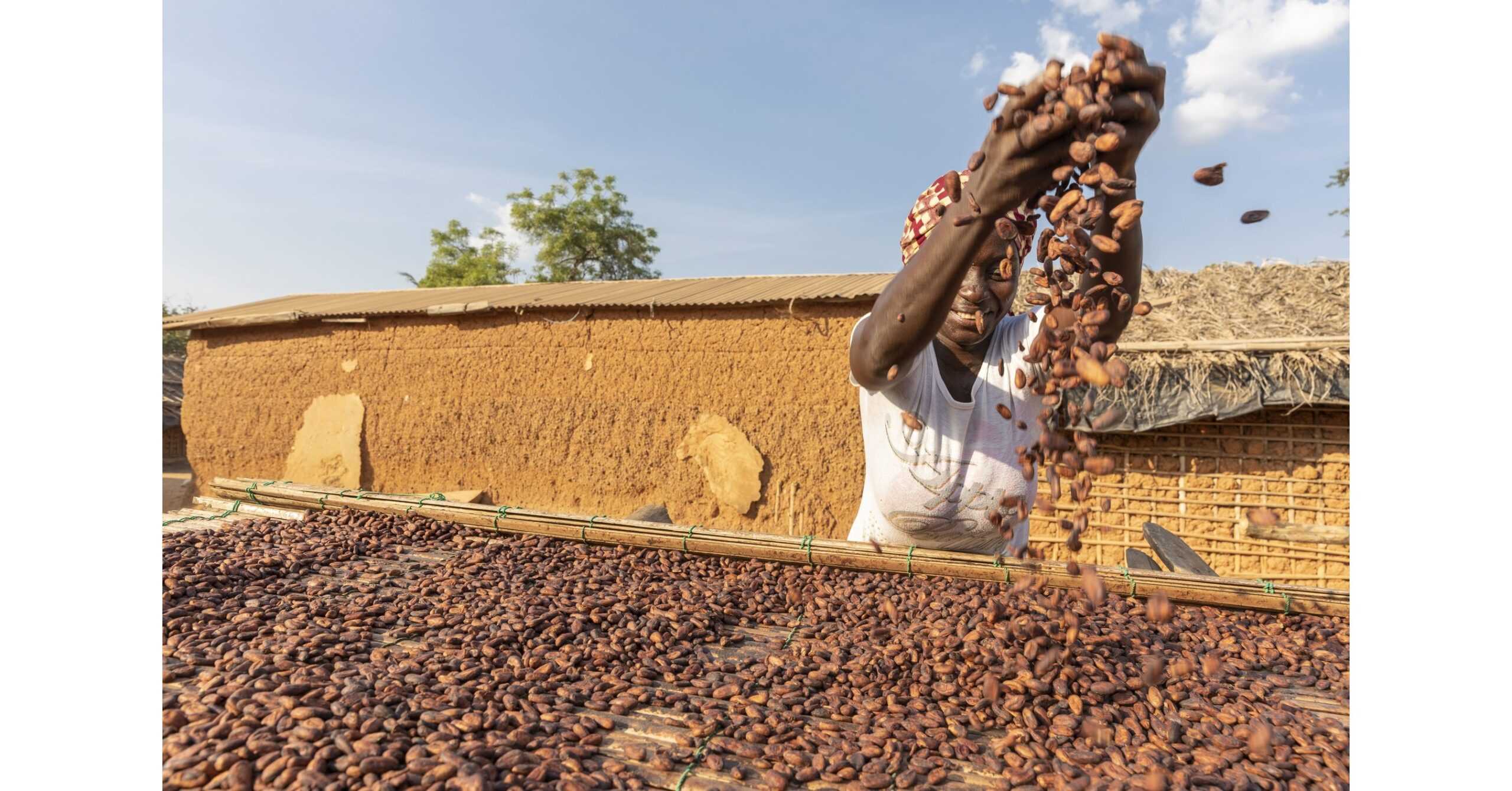MINNEAPOLIS, U.S. — At Cargill, sustainability is written into the company’s purpose—and woven into core operations including investment priorities, organizational structure and resource allocation. The company recently outlined progress against sustainability goals in critical supply chains including aqua nutrition, cocoa and chocolate, palm, soy, ocean transportation and beef. With a focus on advancing progress on land use, climate change, water, farmer prosperity and human rights, the company is working across every supply chain to drive sustainable production, transportation and operations.
“The call for radical transparency is increasing. More than ever, our customers and consumers want to understand the story behind the products they buy,” said Jill Kolling, Vice President of Global Sustainability, Cargill. “By investing and partnering on solutions to enhance transparency in the food system, we can deliver meaningful and sustainable impact on the ground and increase consumer confidence.”
Over the past year, Cargill adopted global sustainability efforts to more quickly advance progress. The company established a science-based commitment to reduce supply chain emissions by 30% by 2030, a bold climate commitment to reinforce support of the Paris Climate Commitment. Cargill established its Forest Protection Advisory Panel to bring diverse insights and support continuous improvement on the ground. Additionally, a BeefUp Sustainability Advisory Panel will offer critical review of the strategy and resources underpinning the North America beef supply chain sustainability initiative.
Supply Chain-Specific Progress
Cocoa & Chocolate
Cargill is committed to a transparent and sustainable supply of cocoa, which includes improving the lives of farmers and their communities in the five origin countries from where it directly sources cocoa – Brazil, Cameroon, Côte d’Ivoire, Ghana and Indonesia. Cargill’s Cocoa & Chocolate 2018-2019 sustainability progress report is more data-driven to transparently share insights into sustainability progress.
- With the use of barcoded cocoa bags and digital Cooperative Management Systems (CMS), 50% of sustainable cocoa beans in the global direct supply chain are now traceable from farm-to-factory.
- Implementation of child labor monitoring and remediation systems (CLMRS) to address child labor has significantly increased. In addition to Côte d’Ivoire, Cargill is also deploying CLMRS in Ghana and Cameroon, reaching a total of 58,800 farmers this past year, extending the reach from 7% to 29% of the total number of farms in the direct supply chain.
- GPS Polygon mapping of 72% of all farmers in the direct supply chain, representing more than 400,000 hectares/980,000 acres of farmland. Cargill is well on its way to identify where the cocoa comes from, which areas may be at risk of deforestation and how to mitigate this risk through specific interventions.
Ocean Transportation
Cargill is bringing increased transparency to the maritime sector and has been one of the first to publish an annual corporate responsibility report since 2017. The company has been transparent about its learning process along the way, which includes recognizing the need for a standard greenhouse gas (GHG) emissions reporting process that will become the industry norm.
- As part of this, Cargill is playing a lead role in designing the Global Maritime Forum’s charterers response to the Poseidon Principles – a workstream that has been tasked with developing such a process.
- Cargill continues to reduce its CO2 emissions by operating a more energy-efficient fleet and by retrofitting energy-saving devices onboard some of our vessels and, over the last two years, has reduced their aggregated gross CO2 emissions by around 800,000 metric tons.
- Last year was an important year for Cargill’s Ocean Transportation business as they launched a number of initiatives and partnerships to bring energy-reducing solutions both to Cargill’s fleet and customers. These include Project Njord with Maersk Tankers and Mitsui & Co. (to bring turn-key energy-saving solutions to the market), and the growth of its parceling business.
Visit www.cargill.com/sustainability/supply-chains to learn more about Cargill’s efforts to drive sustainability across its operations.


















